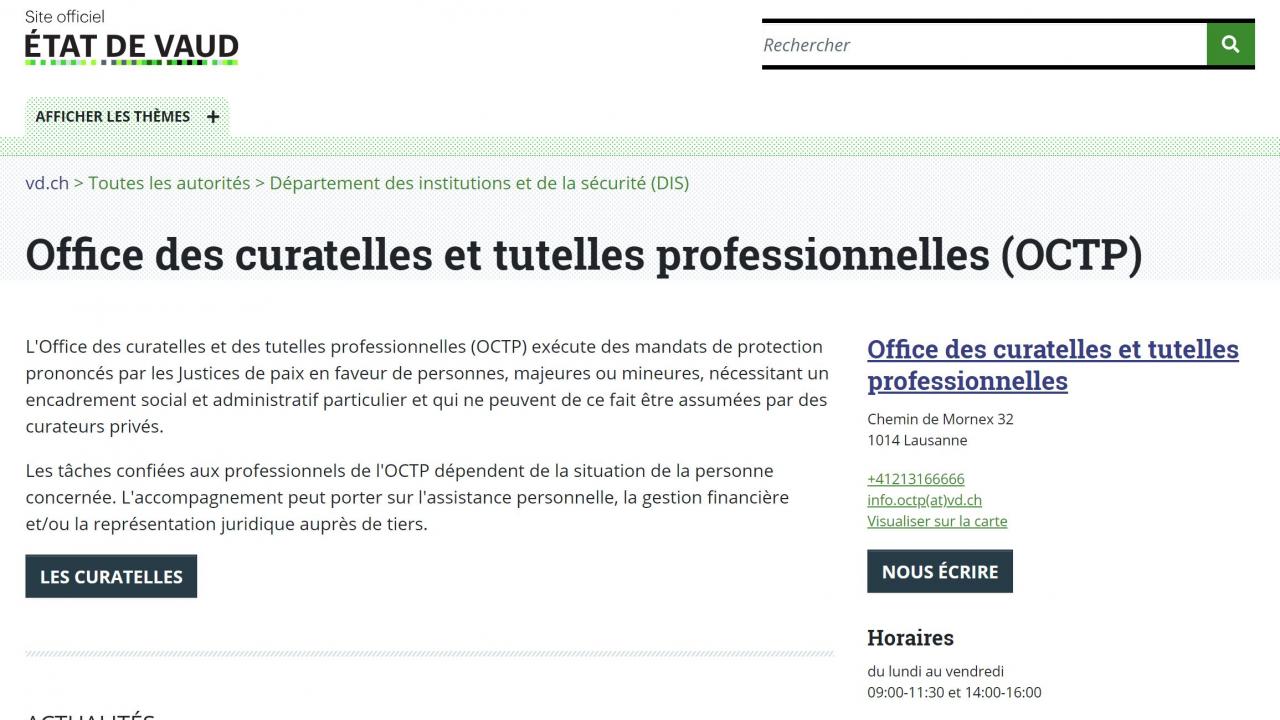The staatslabor aims at supporting the development of a more contemporary public sector in line with users’ needs. We collaborate with public and semi-public institutions as well as associations and foundations. Here are some examples of recent or ongoing collaborations.
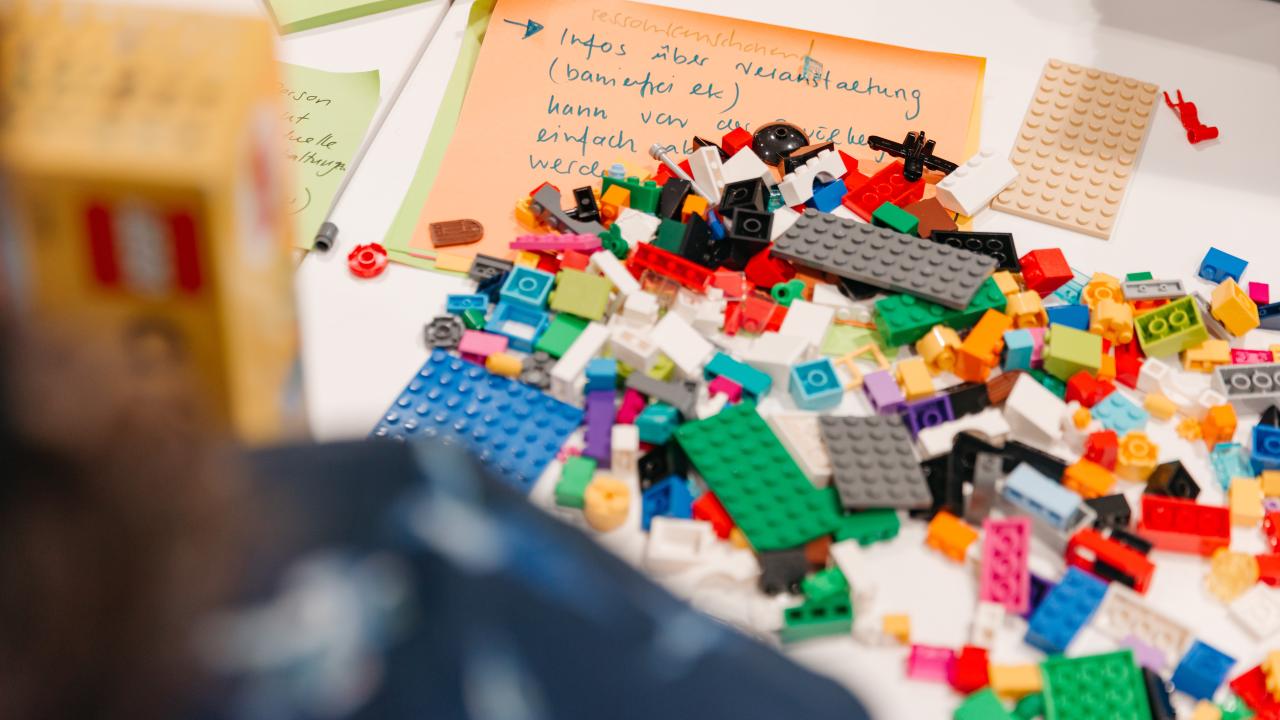
Training courses for the Canton of Lucerne
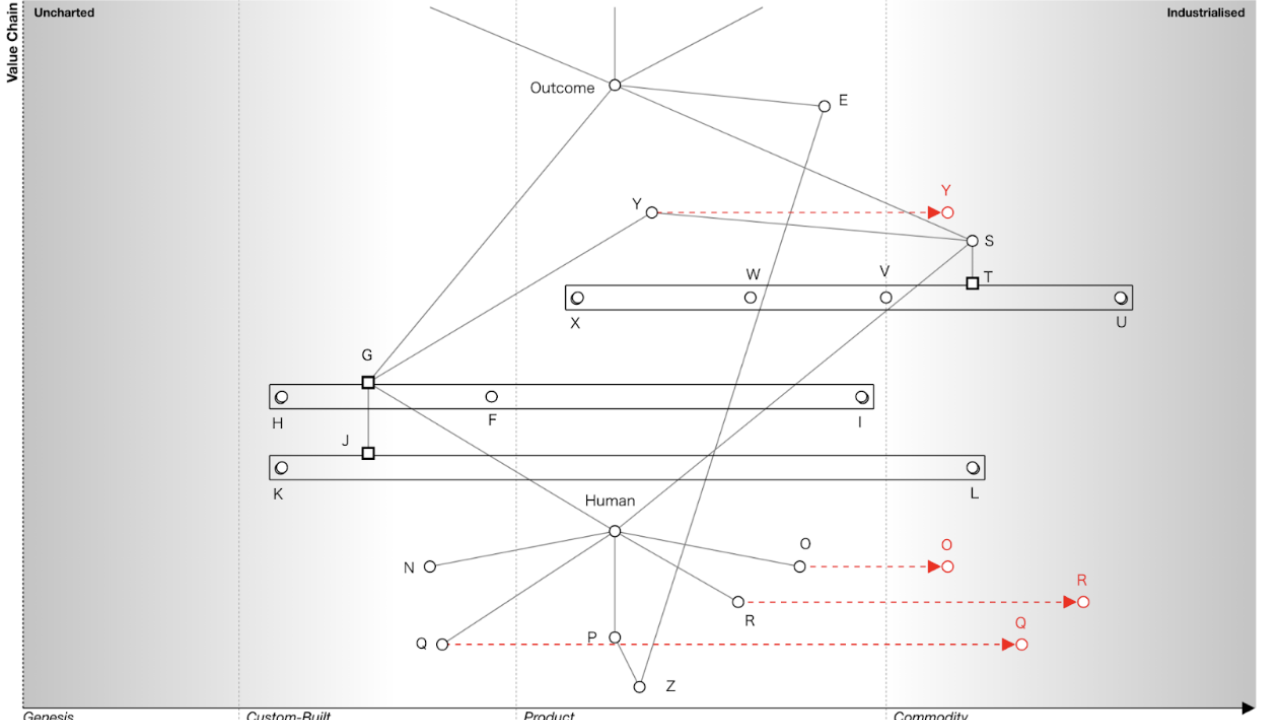
Rapid and precise strategy cycles for the Swiss Conference for Vocational, Educational and Career Guidance
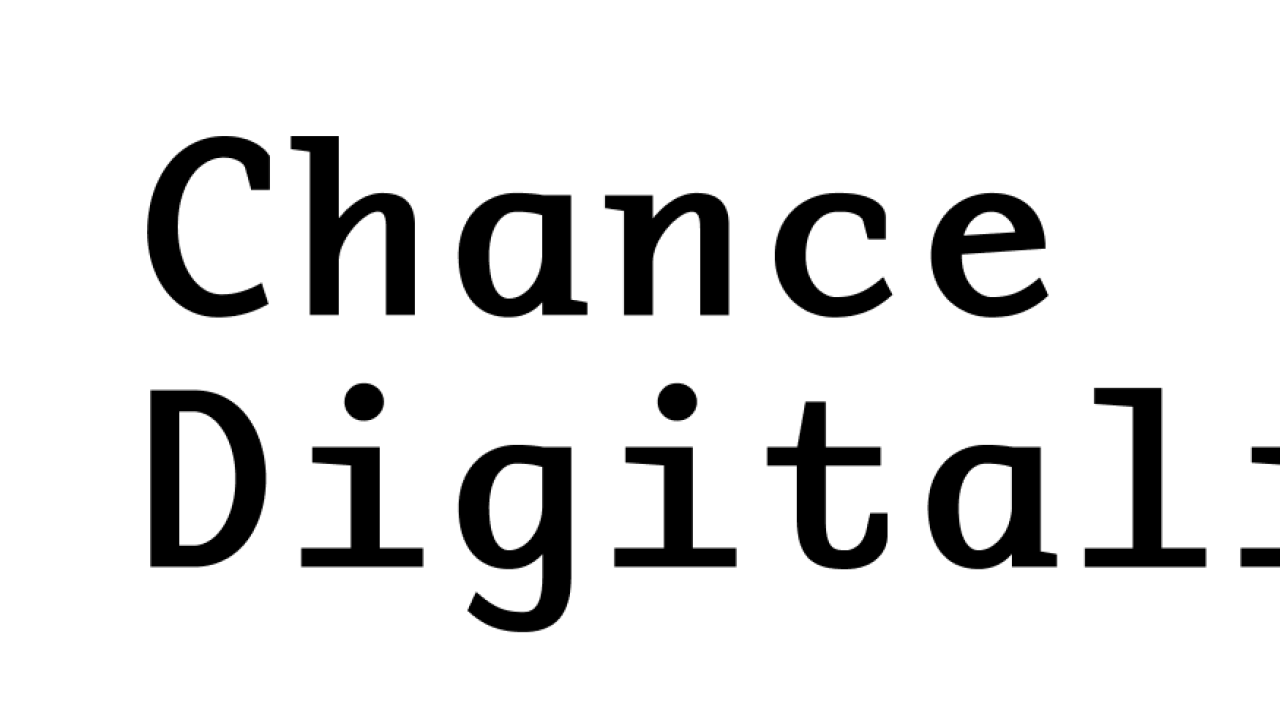
"Chance Digitalität": Jacobs Foundation's commitment to effective, equitable education in Switzerland
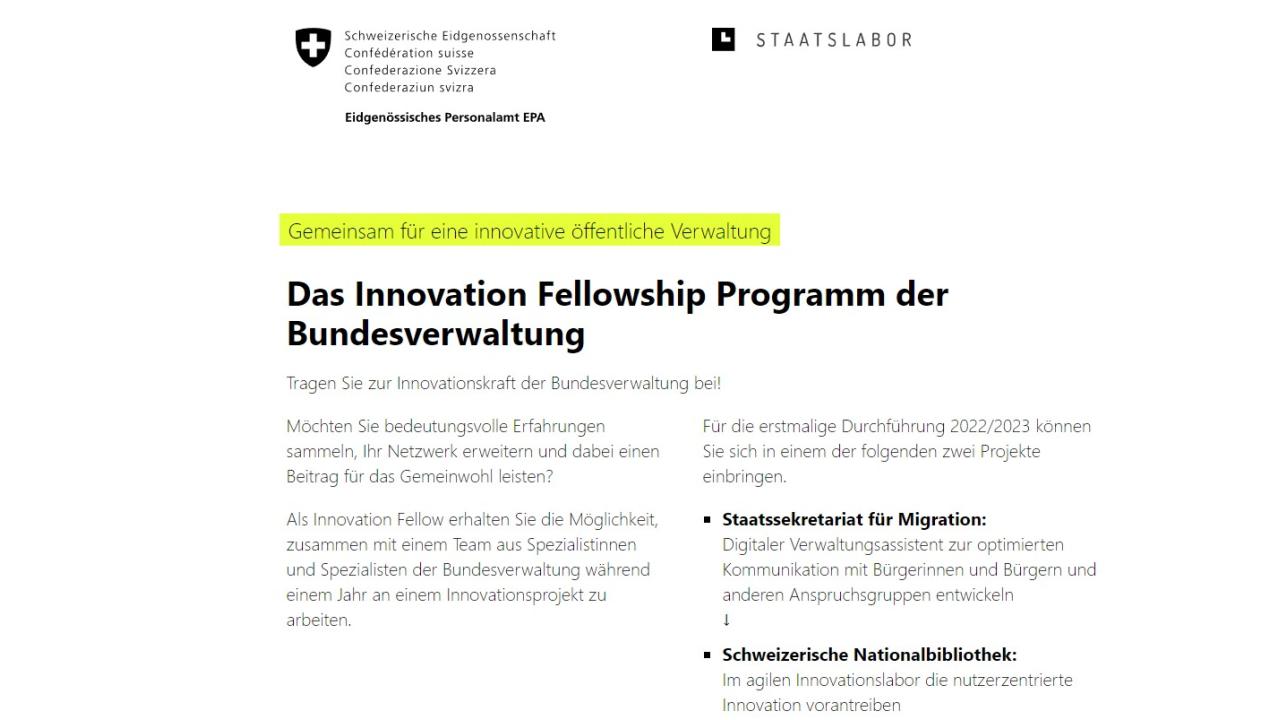
A Fellowship Programme for the Federal Administration
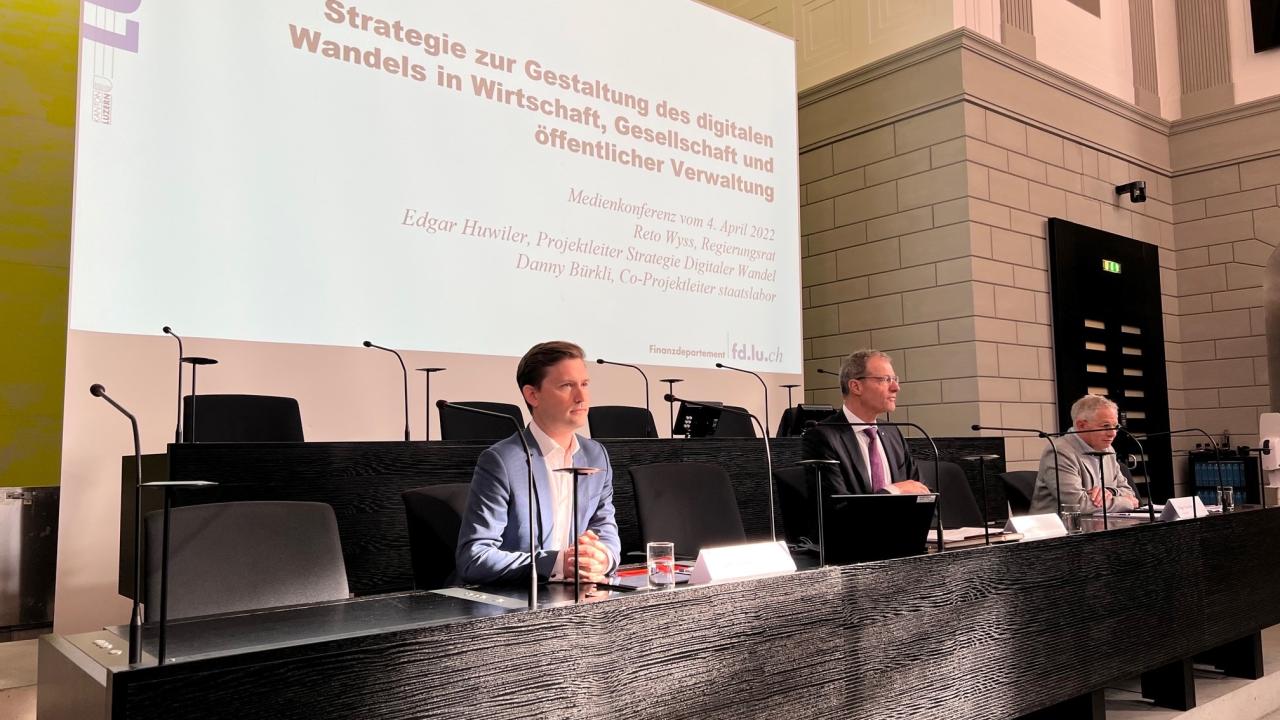
Digital Strategy for the Canton of Lucerne
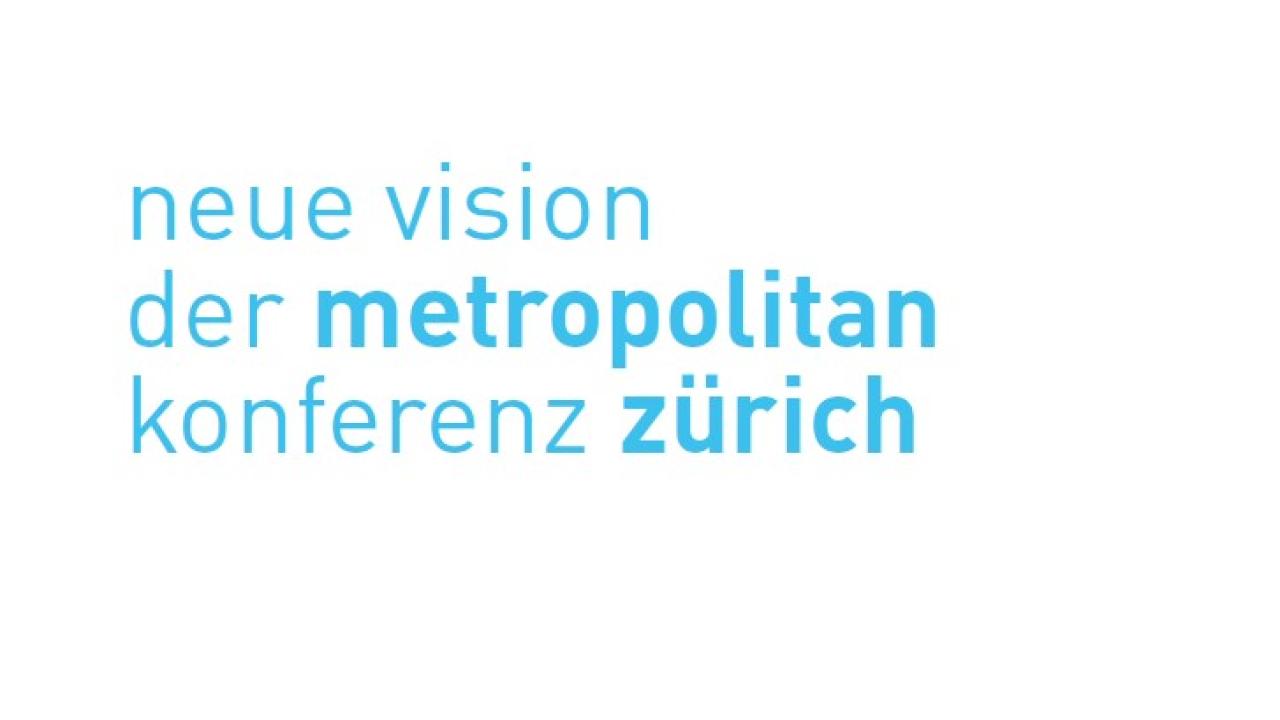
A new vision for the Zurich Metropolitan Conference
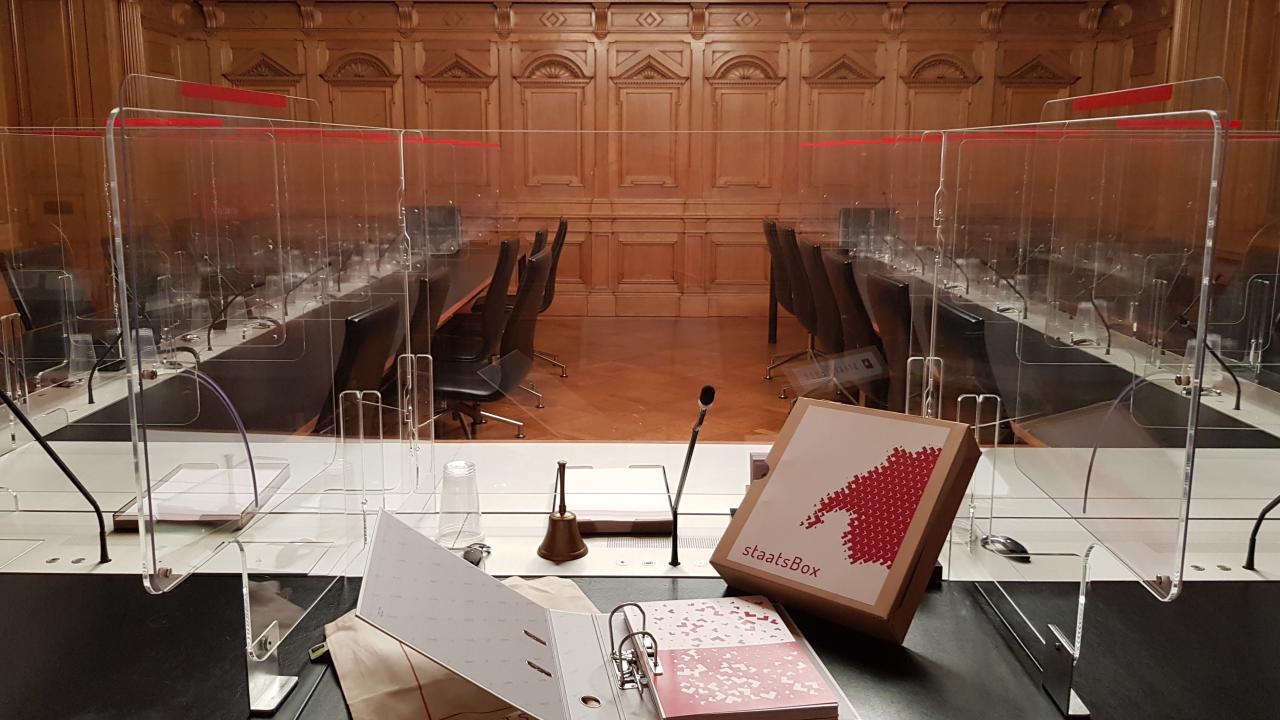
The staatsBox as an innovation catalyst for the Federal Parliamentary Services
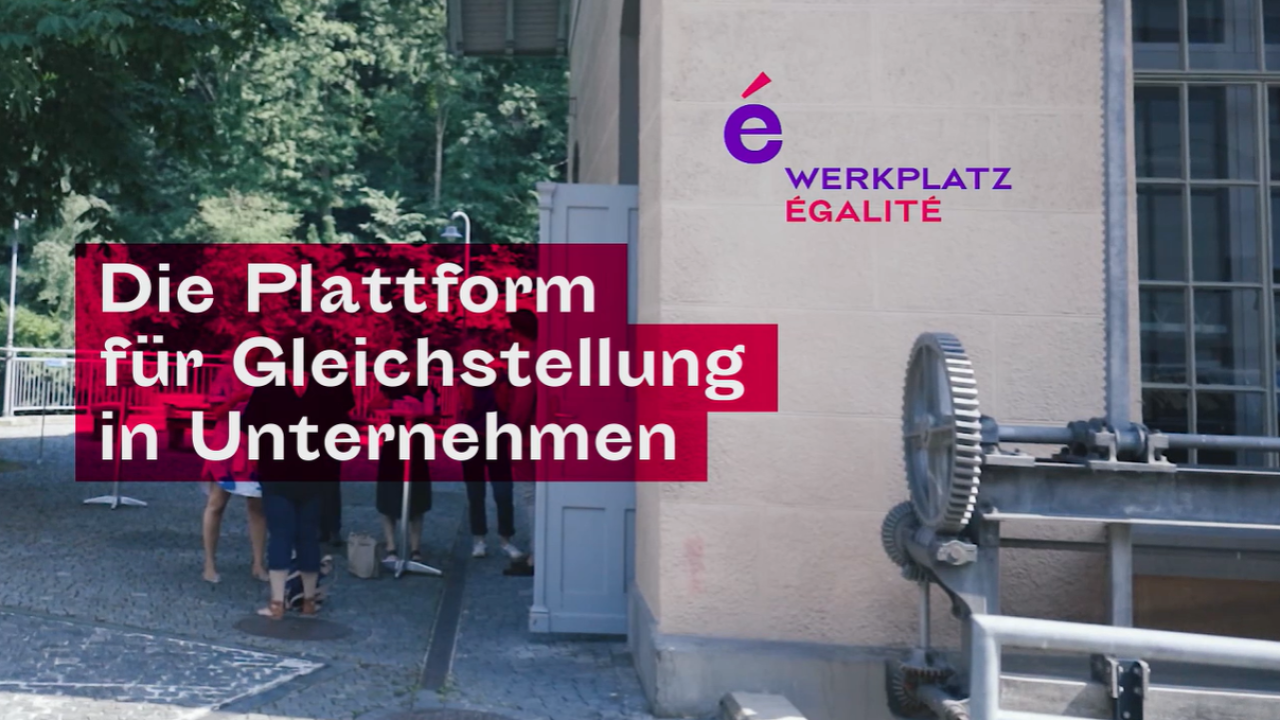
Werkplatz Egalité: A platform to live gender equality and diversity in SMEs
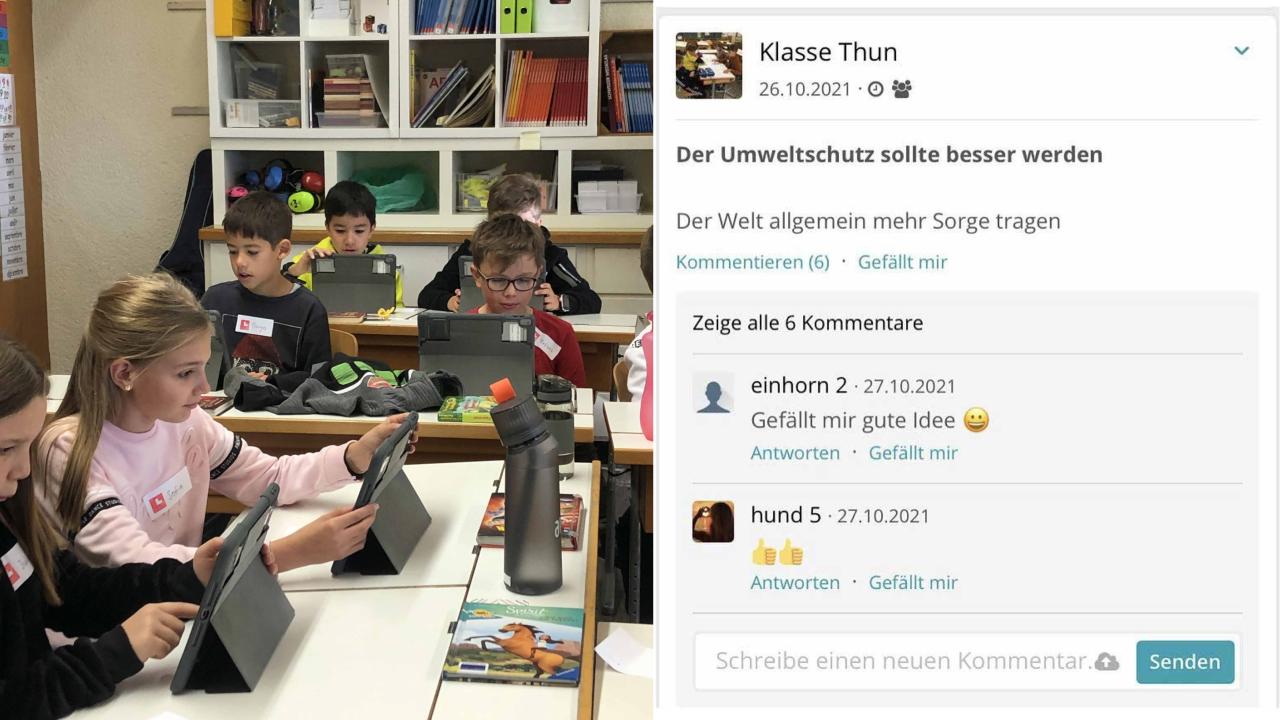
An online counter for primary school students in the City of Thun
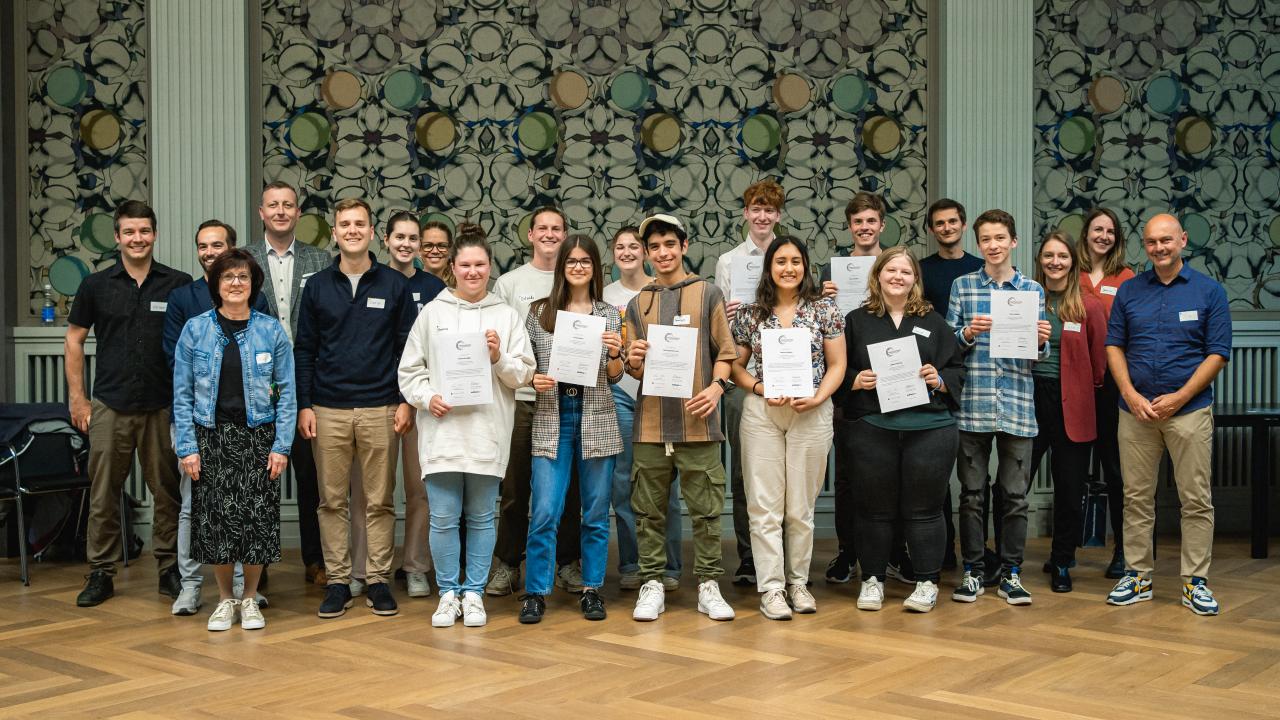
Youth co-creation of public services in Aargau
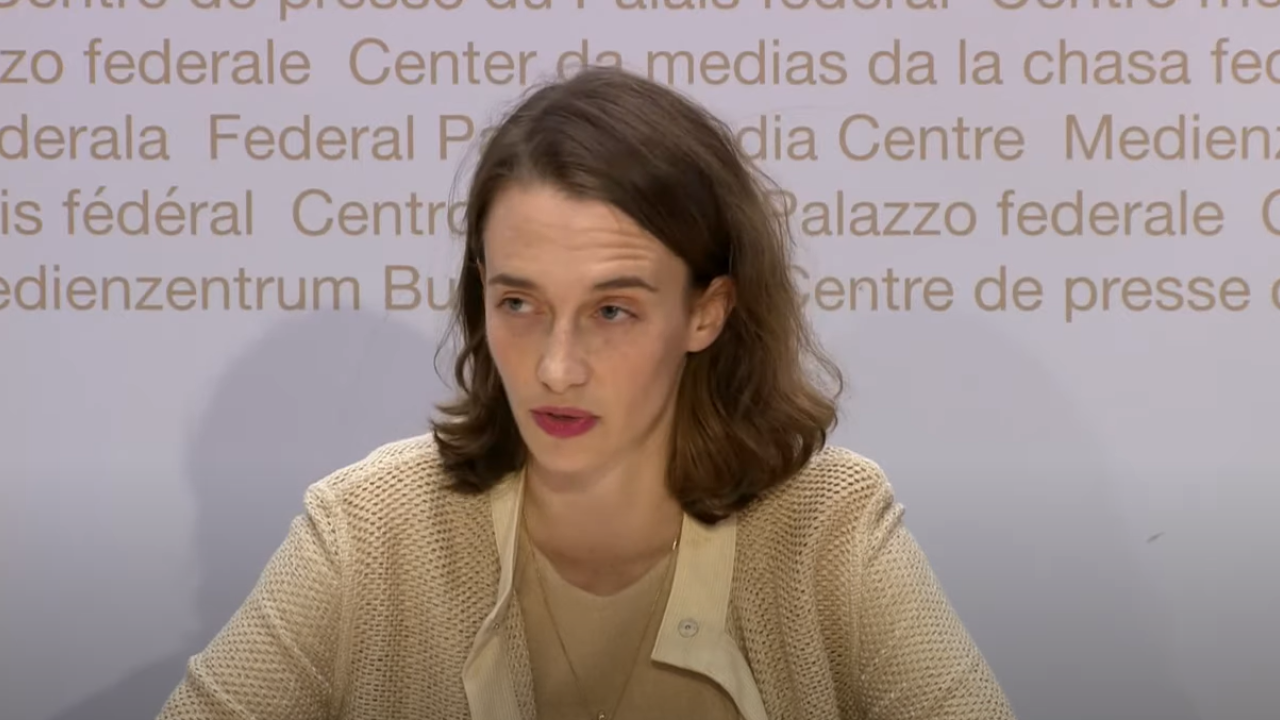
A contact point for civil society in the context of the COVID-19 crisis
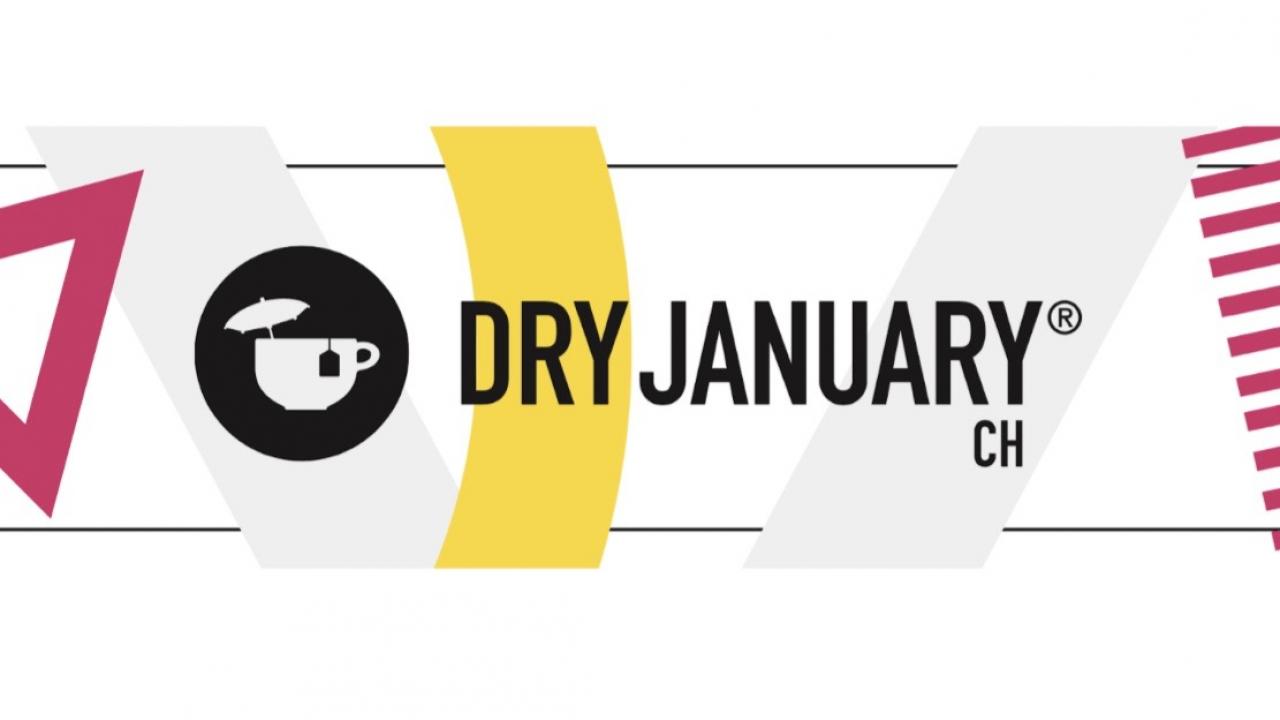
A playful alcohol prevention campaign supported by the Federal Office of Public Health (FOPH)
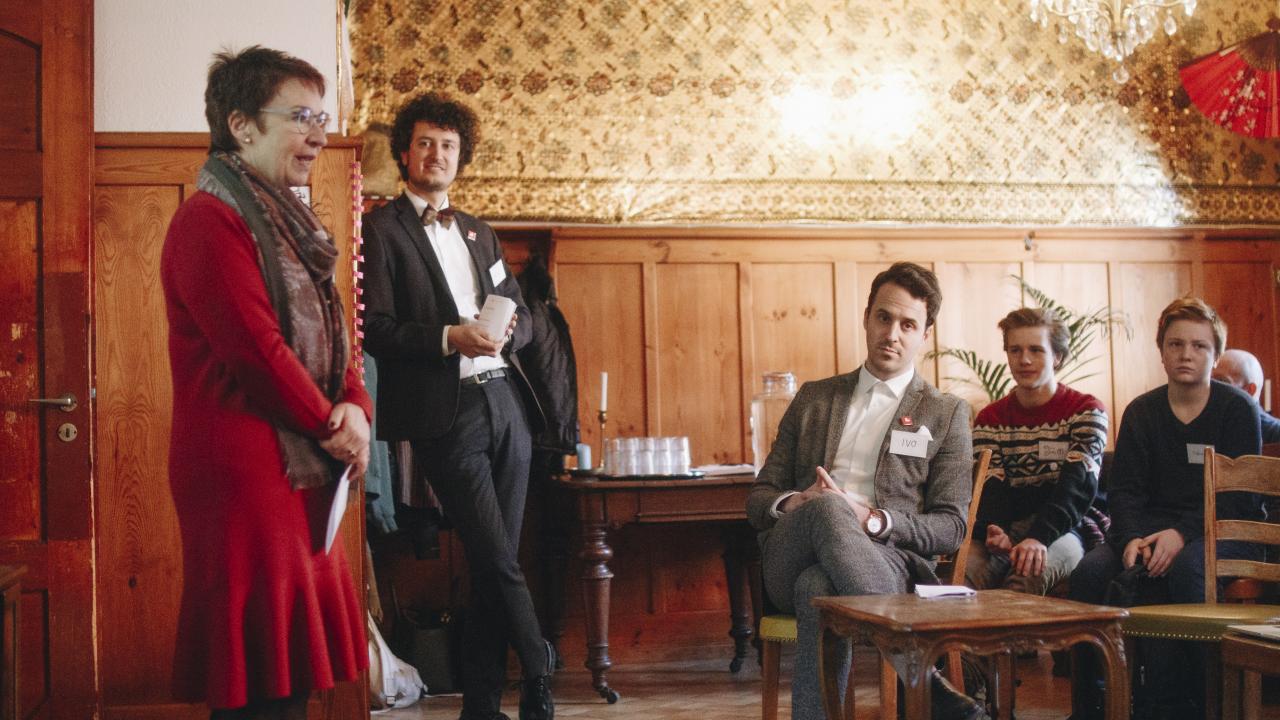
A participatory strategy process for the Swiss National Library
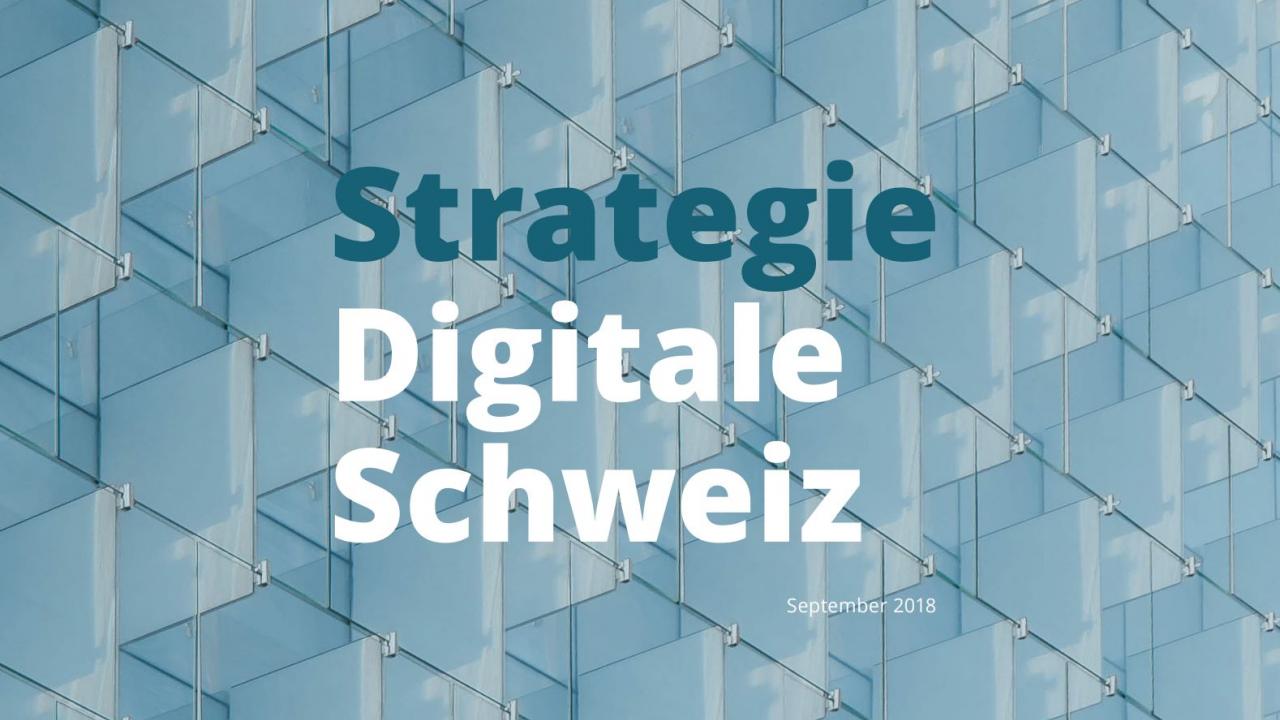
New strategy “Digital Switzerland”, Federal Office of Communications (OFCOM)
